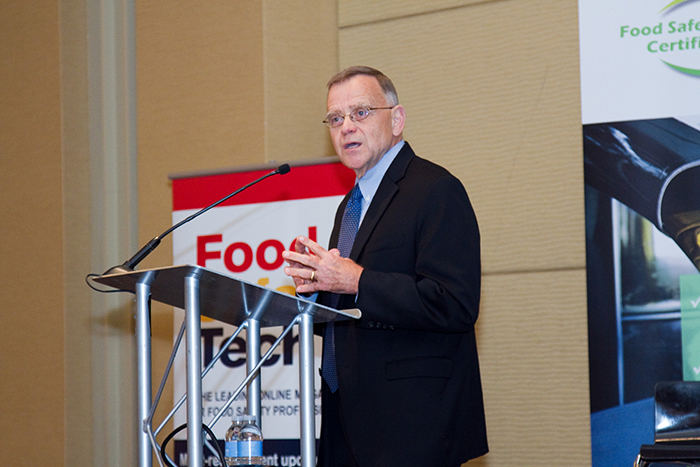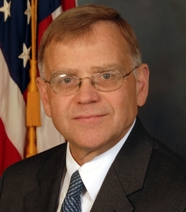In an Op-Ed published by Politico today, former FDA Deputy Commissioner for Foods and Veterinary Medicine Michael Taylor is calling on FDA’s Food Program to be separated from the current hierarchy—with the establishment of a new agency that has its own head and reports directly to the HHS secretary.
“Under FDA’s current structure, no one is really in charge and realistically accountable for the food program’s strategic direction, sound resource management and overall success; and this state of play has real consequences for consumers. It puts at risk the public’s health and consumer confidence in the nation’s food supply,” Taylor wrote in “It’s Time to Fix FDA by Breaking It Up”. He emphasizes that food has not been given a high enough priority at the agency, despite the passage and implementation of FSMA, and the past two administrations did not help either. “Neither the Obama nor Trump administration empowered the deputy commissioner for food to oversee the program’s largest organizational unit, which is responsible for food inspection and import activities and manages nearly 70% of all the dollars Congress gives the food program,” he stated. “The success of food safety modernization won’t succeed without the policymaking and inspection units working as an integrated whole. Because they are all managed separately and report directly to commissioners whose attention is elsewhere, this is virtually impossible in today’s FDA.”
Allowing the Food Program to stand on its own, reporting directly to HHS, would create an agency that is empowered not only with more resources but also with having more accountability.
























